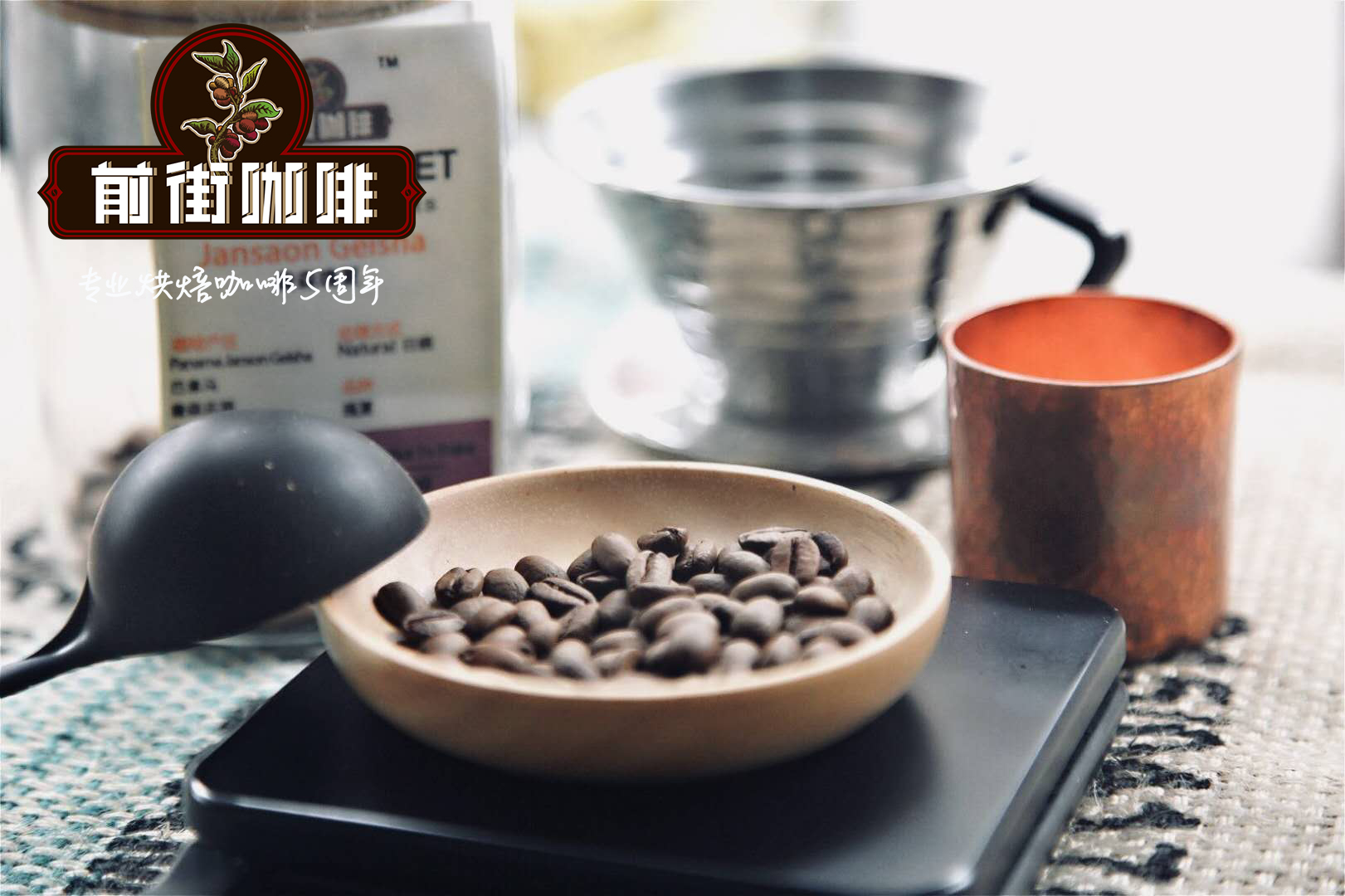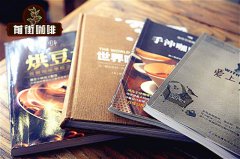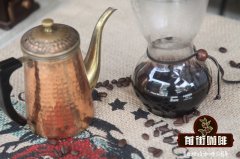The difference between Burundian Coffee and Rwandan Coffee Burundian Coffee Bean Brand recommendation

Professional coffee knowledge exchange More coffee bean information Please pay attention to coffee workshop (Weixin Official Accounts cafe_style)
Burundi-Known as the heart of Africa, Burundi (Burundi) is a small landlocked country with primitive beauty. It is located at the crossroads of Central Africa and East African countries. It is the watershed between the great Nile River and Congo River in Africa. The capital Busumbra is located on the lakeside and can enjoy the magnificent Lake Tanganyika. The lake is also her natural border with Congo and Tanzania. The terrain of the border is high and the altitude changes dramatically. The lowest point is also more than 700 meters (772m) above sea level. Located on Lake Tanganyika, at the highest elevation of 2,670 michels, on Mount Heha, in 2012, I visited the coffee producing area of this area in particular, and the original mountain scenery is very green.
Although most people think that Burundi coffee beans should be similar to neighboring Rwanda, and the varieties are mostly Bourbon, the actual cup measurement is not the same. Rwanda is brighter in terms of acid quality, but the changes in Burundi, especially the subtle spice changes, are very unique. I met Geoge Howell in Boston two months ago and talked about Burundi. He told me: I like the flavor of Burundi coffee beans, especially the delicate changes are better than Rwanda! We also talked about the growing variety of species in the country.
The coffee beans in the picture below represent Burundi's 17 provinces. The capital Busombra is divided into urban areas and suburbs. The red cherry pattern represents coffee production. Most of them belong to the higher north. To the north, they cross the border and reach Rwanda.
The citizens of Burundi do not have the habit of drinking coffee. Therefore, when they found that coffee cultivation can bring cash income and improve the quality of life, they accepted the guidance of experts and the government one after another. During the nationalization of the coffee industry, the Burundi government set up 138 small washing stations in coffee-producing areas. It is estimated that there are already more than 200 CWS (Coffee Wash Stations). CWS is set up like Rwanda. There is actually no so-called "estate" in East Africa. Coffee farmers have very few coffee trees, ranging from dozens to more than 200 trees, and there is no spare capacity to set up small peeling and pectin removal machines.(But it is common in Central America or Colombia.) All they can do is send the coffee cherries to CWS for processing or direct sale after harvest. Therefore, to discuss the coffee quality in Rwanda or Burundi, we must use the CWS operation model to track the good quality batches in terms of the registration of the day batch. The purchase of CWS by name is often distorted and even disappointing.
On top of CWS, there will be larger organizations, similar to Kenya's big processing factory or cooperative Coop., but in Burundi, called: Sogestal! Sogestal is the management integration unit of CWS. CWS small washing station will do the processing after receiving cherries. After the processing, the subsequent steps and dry processing classification, sales and other matters will be handed over to Sogestal. After coffee is opened to the public for operation, the earlier 7 major sogestal will become a joint venture between state-owned and private enterprises. The current policy is that the government will reduce its shareholding, usually less than 20% by the government and more than 80% by private shareholders.
SOGESTAL stands for Societies Managing Coffee Washing Stations or Société de Gestion des Stations de Lavage du Café; Company for Managing Coffee Washing Stations.
The seven SOGESTAL units are organized according to production area and geographical region, and are responsible for the management and post-processing of washing stations and coordination of quality control and post-processing and sales; they are Kayanza, Kirimiro , Kirundo/Muyinga, Ngozi , Mumirwa , Sonicoff and Coprotra.
After washing and drying, the shelled beans are sent to a dry processing plant, which is responsible for preliminary grading, cup testing, quality control reports, and final grading and bagging. The main dry treatment plants in the capital are SODECO, Sonocoff and Sivca.
Most coffee grown in Burundi belongs to Bourbon species, and Jackson and other varieties have been introduced in recent years; Bourbon has obvious aroma. Bourbon species in Burundi are sweet enough and acid is elegant and non-irritating. It should be quite competitive in the international market. However, civil strife and many problems have led to slow industrial development, and Burundi is not well known enough. Therefore, there are not enough evaluations in the international market. I once said in 2005 that Burundi is like a buried pearl. I hope that from 2012, Burundi coffee beans can become a dazzling pearl in the fine coffee market.
Burundi is mainly famous for its coffee-producing areas, such as Kayanza, Ngozi, Mumirwa, Buyenzi and Kirimiro.
Burundi Coffee Bean Brand Recommendations
Front Street Coffee roasts Burundi beans with full guarantees of brand and quality. More importantly, the cost performance is extremely high, a pack of 227 grams, the price is only 85 yuan. According to the calculation of 15 grams of powder per cup of coffee, a pack can make 15 cups of coffee, each cup only costs less than 6 yuan, compared with the price of dozens of pieces of coffee sold in cafes.
Important Notice :
前街咖啡 FrontStreet Coffee has moved to new addredd:
FrontStreet Coffee Address: 315,Donghua East Road,GuangZhou
Tel:020 38364473
- Prev

Burundian coffee growing environment in African coffee producing area Burundian coffee beans are of low price and excellent quality.
Professional coffee knowledge exchange more coffee bean information please follow the coffee workshop (Wechat official account cafe_style) Burundi is located in the interior of East Africa, known as the Heart of Africa because of its geographical location. Through the introduction of the Belgian, Burundi began to grow coffee in 1930. The varieties are mostly bourbon varieties like neighboring Rwanda. Coffee grows between 1750 and 2000 meters above sea level.
- Next

Compared with authentic Yemeni coffee brands, what do you recommend? what is the price of Yemeni mocha coffee?
Professional coffee knowledge exchange more coffee bean information please follow Coffee Workshop (Wechat official account cafe_style) Yemen Mocha Mattari Yemen Mocha Matali Yemen Mocha Mattari Yemen Moka Country country: Yemen Yemen Region Origin:: Matali Mattari Altitude altitude: 1300 '1900m Varietal varieties: Typic
Related
- Detailed explanation of Jadeite planting Land in Panamanian Jadeite Manor introduction to the grading system of Jadeite competitive bidding, Red bid, Green bid and Rose Summer
- Story of Coffee planting in Brenka region of Costa Rica Stonehenge Manor anaerobic heavy honey treatment of flavor mouth
- What's on the barrel of Blue Mountain Coffee beans?
- Can American coffee also pull flowers? How to use hot American style to pull out a good-looking pattern?
- Can you make a cold extract with coffee beans? What is the right proportion for cold-extracted coffee formula?
- Indonesian PWN Gold Mandrine Coffee Origin Features Flavor How to Chong? Mandolin coffee is American.
- A brief introduction to the flavor characteristics of Brazilian yellow bourbon coffee beans
- What is the effect of different water quality on the flavor of cold-extracted coffee? What kind of water is best for brewing coffee?
- Why do you think of Rose Summer whenever you mention Panamanian coffee?
- Introduction to the characteristics of authentic blue mountain coffee bean producing areas? What is the CIB Coffee Authority in Jamaica?

